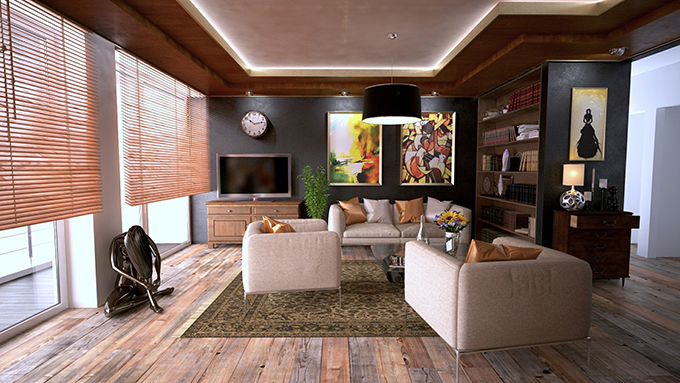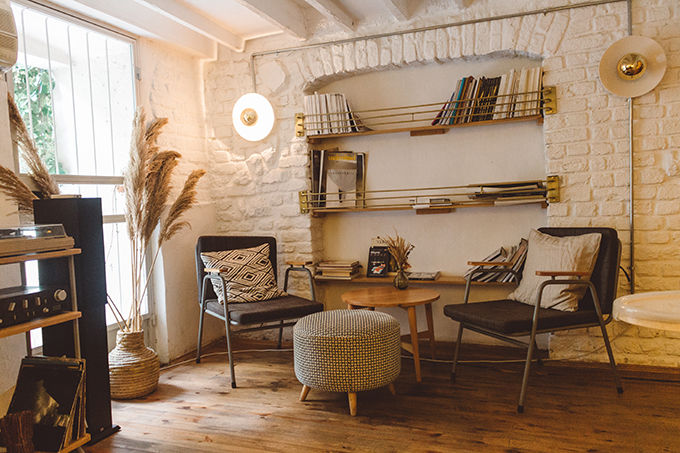
There is a wide variety of air filters on the market which can make choosing the right one for your furnace and specific requirements difficult. There are several variables to consider, from how much you want to spend to how much you’re trying to filter out of your home, as well as getting the right size.
In this guide, we’ll help you choose the right furnace air filter for your needs, depending on costs, allergies and respiratory problems, and the MERV rating of different filters.
Factors to Consider
There are several factors to consider when choosing an air filter. For example, some people are very sensitive to odours and chemicals in the air, which means they will require a filter that is capable of reducing this pollution in the home. Others may have allergy sufferers or pets and therefore will need a filter that is effective in removing pet dander and dust from the air. Cost is also something to consider, as the higher performing filters are typically more expensive than standard fibreglass filters.
Size is another factors that you need to ensure you consider as there are many available, like these 18x22x1 air filters.
MERV Ratings
The choice of air filter for your furnace depends on a number of variables. The minimum efficiency report value, also known as MERV, is a rating given to air filters depending on how much they can remove from the air. Most filters for the home are rated between 4 and 12, although the scale ranges from 1 to 16. Furnace manufacturers typically prefer fibreglass filters, which have a MERV rating of 2. These are efficient enough to remove large dust particles while also providing sufficient airflow. It’s important to consider how a filter will perform in terms of airflow, as if the filter is too dense for the system, the unit will struggle to work and will require more energy to filter the air. This will lead to premature degradation or damage to your furnace. An inexpensive MERV 4 filter will capture around 80% of particles 50 microns or larger, but only 25% of particles between 3 and 10 microns in size.

The Best Air Filter for Your Home
The majority of homes will benefit from a slightly more expensive MERV 7 or 8 pleated filter, which provides a great balance of filtration and cost-efficiency. They will trap the majority of large dust particles and provide a good level of filtration for most homes.
However, if you have members of the family with allergy issues, low immunity conditions or you are sensitive to dust and odours and need a strong filter, opting for a MERV 11 filter or higher is the best option for you. Don’t switch from a fibreglass filter to a higher-efficiency filter without talking to a HVAC technician first, as higher-performing filters sometimes require an additional fan in order to push the air through the dense filter.
It’s also important to stay on top of changing or cleaning your filter regularly, as clogged filters require the system to work harder, meaning the unit could suffer and particles may be recirculated throughout your home.
If you have any more advice let us know in the comments.


